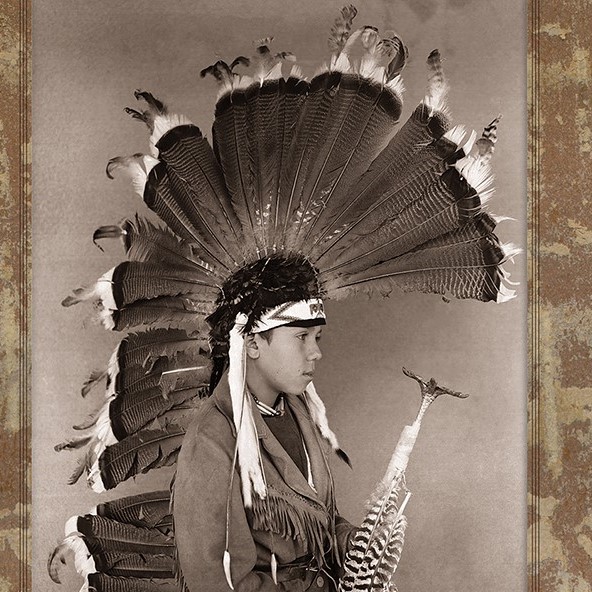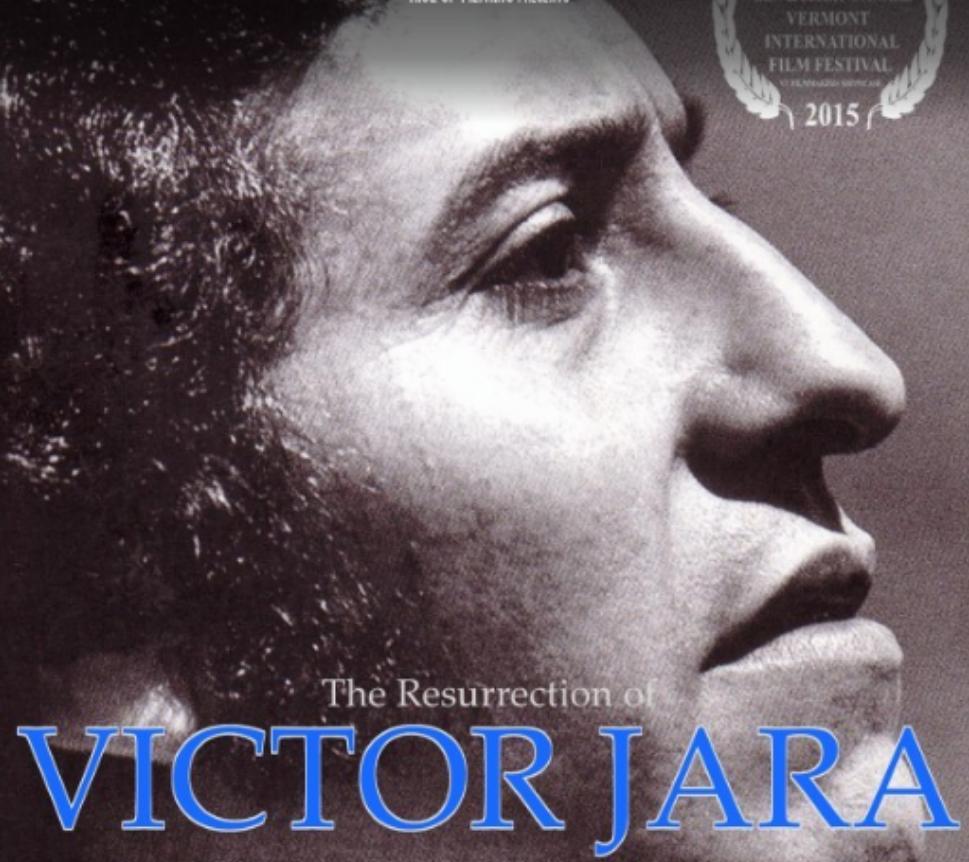February, 2020
Wednesday, February 05, 2020 | 12:00 pm

Thursday, February 13, 2020 | 02:00 pm

LAII Lecture Series: Nación Genízara: Ethnogenesis, Place, and Identity in New Mexico
R. Moises Gonzales and Enrique R. Lamadrid , University of New Mexico
Join the LAII for a presentation with R. Moises Gonzales, Associate Professor of Urban
Design in Community and Regional Planning at the School of Architecture and Planning at
the UNM, and Enrique R. Lamadrid, Distinguished Professor Emeritus of Spanish from UNM,
who taught folklore, literature, and cultural history there since 1985. Nación Genízara is the first book solely dedicated to the detribalized Native experience in New Mexico, a story of conquest, trans-culturation survival, and resilience. Topics as diverse as Genizaro ethnogenesis, slavery, early settlements, expressive culture, poetics,
religion, gender, family history, and mestizo genetics are addressed.
Friday, February 14, 2020 | 02:00 pm

History Colloquium: The Police-Military Continuum: How World War II Transformed US Police
Stuart Schrader , Johns Hopkins University
Join the UNM Department of History and the LAII for a workshop session with Stuart Schrader, Associate Director of the Program in Racism, Immigration, and Citizenship and Lecturer at Johns Hopkins University. Schrader’s paper will discuss the transformations in U.S. policing attendant to World War II. First, the paper highlights an investigation of the war’s dramatic shift for civilian police employment, as thousands of cops entered the military. Then, it explores the efforts to solve post-WWII personnel deficits within police departments by turning veterans into cops. The relatively smooth transfer of police into military roles and soldiers into police roles suggests a practical and ideological continuum and connection between police and military developed in this period. Overall, as will be argued, the war and the overseas occupations immediately after the war reconfigured US empire and increased the centrality of policing to it.
Thursday, February 20, 2020 | 03:30 pm - 06:00 pm

Film Screening: The Resurrection of Victor Jara
Dr. Juan Carlos Vallejo , Associate Producer of the film
This film documents the extraordinary life and legacy of iconic Chilean singer-songwriter, Victor Jara, executed in 1973 following a right-wing military coup.
Join the LAII for a special film screening followed by a Q+A with the Associate Producer of the film, Dr. Juan Carlos Vallejo.
Friday, February 28, 2020 | 06:30 pm

Language Concordance, Heritage Language Health Professionals, and Latino Health
Glenn Martínez, PhD
Health communication researchers agree that language concordant (LC) health care encounters
significantly impact health care quality, health outcomes and health care relationship for
language minority populations in the United States. While the health protective benefits of LC
care have been well documented, relatively few studies have sought to describe the discourse
characteristics of LC encounters. These studies point to significant differences between LC
encounters with an L2 Spanish-speaking provider and with an HL Spanish-speaking provider. In
this presentation, I will present the results of a study that compares LC interactions between L2
and HL providers, point out the discourse features of these interactions and demonstrate the
impact of these interactions on health and behavioral outcomes of Spanish-speaking patients.
Finally, I will consider the implications of this research for the teaching and testing of Spanish
heritage language health professionals in the United States.
Monday, March 02, 2020 | 10:00 am

Cultural Appropriation and Assimilation in the New Global Context
Loga Roman Torkian and Azam Ali (from Niyaz)
Having an understanding of Cultural Appropriation, Assimilation and Appreciation will help us to contextualize the way we interact with other cultures. Tourism, business practices, food, fashion, festivals, concerts and consumption on social media have far-reaching consequences on global communities due to America's cultural and economic dominance in the world.
We will address the delicate balance between the need for commercial viability, community impact, and representation when choosing artists and promoting events. The panelists will discuss the differences between cultural appropriation and cultural appreciation as a way to understand the various stakes involved in selecting an International artist. As diaspora becomes a more common lived experience for people around the world, the importance of using terminology that reflects the nuances of cultural fluidity, becomes tantamount when categorizing music and artists.
